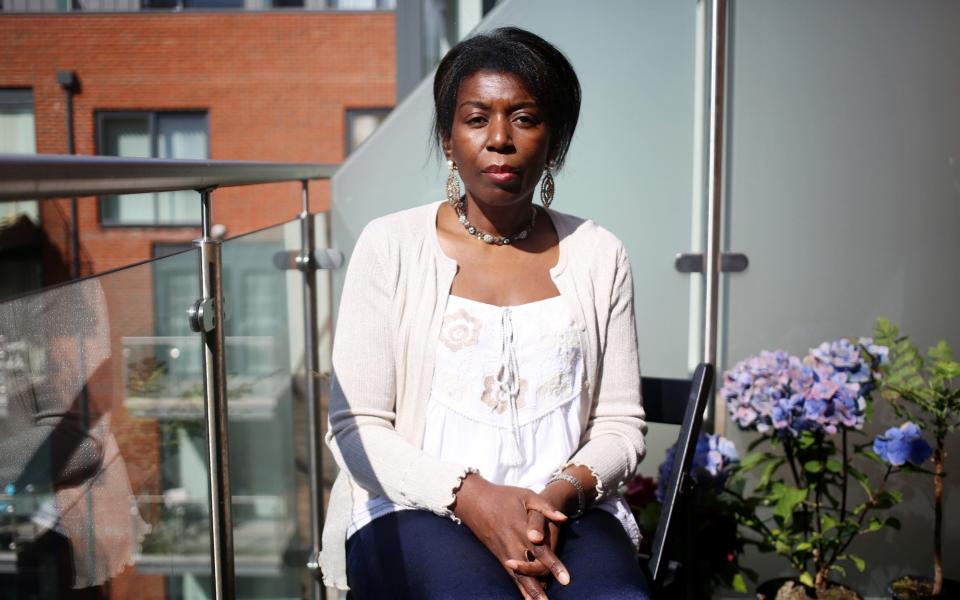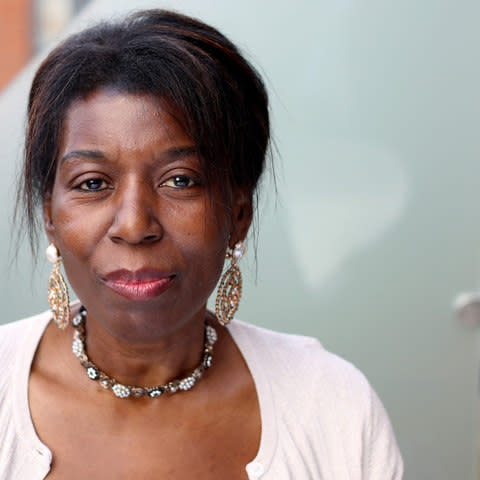How the tangled web of stamp duty is smothering families

August was the sixth consecutive month in which the Exchequer dragged in more than £1bn in stamp duty receipts, according to new data from HRMC – cementing the position of this tax as one of the Government’s fastest-growing earners.
Annual stamp duty revenues have trebled since the onset of the financial crisis. They are higher today than in the boom years of 2006 and 2007 – even though the number of property transactions then was far higher than today.
A lethal combination of rising property prices and dramatic increases in the levels of the duty itself is behind the soaring tax take.
The Telegraph, in campaigning for a wholesale reform of the duty as a means of rejuvenating the housing market, has consistently pointed to arguments that more money might be raised if the level of the tax were cut and more transactions encouraged.
But the human cost is also high. Homeowners are deterred from moving for work or other reasons. Older owners are prevented from downsizing – and younger people from buying in the first instance.
One of the most controversial and impractical changes to stamp duty was the introduction in April 2016 of a 3 percentage point “surcharge” supposed to apply to those who bought property in addition to their home. The aim was to curb the buy-to-let sector.
This was just the latest in a string of changes to stamp duty, giving rise to a system that some now say poses a threat to the wider economy – and not just the housing market.
Rob Pullen, director at Blick Rothenberg, the accountants, said: “Were the Government not busy with Brexit and the snap election I think they might have addressed some of these huge problems.”
Parents who seek to help children
Ann Brown, 53, is among the millions of parents who would like to help their children own property. When her 24-year-old daughter Hannah decided to buy a home, Ms Brown added her name to a mortgage on Hannah’s two-bedroom flat in Cornwall, then worth £160,000.
This allowed Hannah to borrow more, but the pair were shocked to find they were hit by the surcharge because of Ms Brown’s ownership of her own home. This meant the stamp duty bill shot up from £700 to £5,500.
Ms Brown said: “I understand why the Government has done this but if it’s not a second home or a buy-to-let and you can prove it isn’t, I think you shouldn’t have to pay.”
The nightmares of shared ownership
Complicated circumstances meant Tinuola Adejoke, 51, who has a serious illness, wished to buy her £500,000 house in Welwyn, Hertfordshire, with her son.
However, the son already owns part of a shared-ownership flat, making them liable for the surcharge. Their bill was £30,000 rather than the £15,000 that would normally apply. In another cruel twist, when her son comes to purchase the rest of his own shared-ownership flat he will pay the surcharge again.
“I think there should be some exemption for parents who want their children on the deeds,” said Ms Adejoke. “He isn’t going to live there, it’s my house. We aren’t predatory landlords.”

On the issue of the son’s shared ownership property, Rebecca Goldring, also of Blick Rothenberg, said that when purchasing, buyers have the option to pay stamp duty for the value of just their share, or for the full value of the property.
If the son were to pay duty on the full value of the property at the outset, he would have no further duty to pay if and when he bought the remainder of the property at a future date, regardless of its then price, Ms Goldring explained. To pay it upfront, however, would mean paying tax on something he did not own – which many people would be reluctant to do.
Divorce
Properties owned by married couples are treated as being owned by both parties. That’s why Lauren Jones, 34, and her partner, Steve, will be hit when they buy a home of their own.
Steve is separated from his wife but not divorced. He and his estranged wife own a home together in which she and their child continue to live.
This arrangement is far from uncommon, and in certain cases such a set-up is often a requirement of a divorce settlement. But it means that the partner who moves on and needs to buy a new property, either alone or with another person, finds that he or she has to pay the higher rate of duty.
Ms Jones said: “We find ourselves in a difficult position. We want to buy somewhere but the higher rate of stamp duty makes it just ridiculously expensive.”

Lawyers say the options in such cases are very limited, although the “main residence replacement rule” could offer some help.
This concession means that someone in Steve’s position could buy the new property and pay the higher rate of duty but, if his former home is sold within three years, he would then be able to claim a refund of the surcharge, so he would eventually pay just the standard rate.
This would also apply if he disposed of his share of the former marital property.
Mr Pullen added: “They could get around it by just purchasing the new property in Lauren’s sole name, but that comes back to affordability as to whether that is possible.”
Their situation highlights a new, stamp duty-driven aspect of marriage tax planning where partners can be incentivised to divorce or defer marriage around their property purchases.
Unmarried couples can buy two properties – one in each of their individual names – whereas married couples cannot.


 Yahoo Finance
Yahoo Finance 